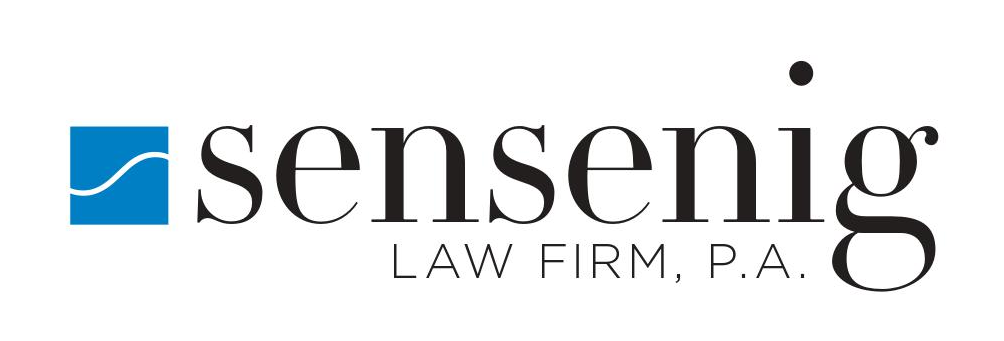COVID-19 Vaccine Policies in the workplace — what you need to know now
On May 28, 2021, the EEOC finally updated its guidance from December 16, 2020 regarding the ins and outs of vaccinations in the workplace. As COVID-19 vaccinations are now readily available for every American adult and now child who wants one, and as this is the first major guidance on this subject from the EEOC over six months, the major points of the EEOC’s latest word on the subject are well worth understanding. The new guidance breaks down to four major topics: (1) mandatory vaccination policies; (2) accommodations; (3) information about employee vaccination status; and (4) vaccine incentives. We’ll examine each subject in turn.
Mandatory vaccination policies, or “Can I require my employees to be vaccinated?”
The short answer is “yes, but…”
Per the EEOC, federal laws do not prevent an employer from requiring all employees physically entering the workplace to be vaccinated for COVID-19. However, there are still a few caveats employers must keep in mind.
Reasonable accommodations: medical and religious accommodations may provide an exception to an employer’s mandatory vaccination policy (see Section 2, below).
Discrimination: employers cannot require mandatory vaccinations for some employees and not others, where the employer’s criteria could be deemed discriminatory.
HIPAA: vaccination records are medical records, and thus strictly confidential. However, the EEOC does permit employers to require employees to provide proof of their vaccination status (see Section 3, below).
Accommodations, or “I can’t get vaccinated, because…”
There are exactly two grounds for a reasonable accommodation excepting an employee from a mandatory vaccination policy: medical and religious.
Frankly, this is a minefield. We strongly advise employers who are facing pushback from employees citing medical necessity or religious objection to seek legal counsel prior to taking any form of adverse action against such employees. Moreover, we recommend responding to any objection whatsoever with an abundance of caution. Simply asking an employee “why not?” upon finding out they do not intend to be vaccinated might very well elicit a response that includes protected information, such as a disability or other genetic condition. If an employee objects to your mandatory vaccination policy, the best course of action is to call your attorney and then schedule the employee for a meeting with Human Resources or Leadership as if the employee had raised a medical or religious objection.
Grounds for exception to a mandatory vaccination policy are as follows:
Medical: for a medical exception, an employee must provide documentation of a specific medical condition that precludes their receiving a vaccination. Generalized anxiety or other non-specific health issues are not grounds for a medical exception. If an employee does provide a doctor’s note explicitly instructing them not to receive a vaccination, the employer becomes obligated to seek a reasonable accommodation, e.g., providing PPE, ensuring the employee is able to work at a social distance, offering a modified or staggered shift, subjecting the employee to periodic COVID-19 tests, possibly even permitting teleworking, or exploring reassignment if any open jobs are available.
Religious: if an employee whom you’ve never once heard mention any religious affiliation whatsoever suddenly declares “I’m a Jehovah’s Witness!” it’s in the employer’s best interests to just believe them. This is not a battle you want to fight, because it’s one of those where winning will almost certainly cost you more in both money and inconvenience than the reasonable accommodation would have.
These are the only grounds for exceptions to an employer’s mandatory vaccination policy. Employers are free to respond to any other objection with some version of “sorry, the policy is mandatory.”
Information about employee vaccination status, or “But that’s confidential!”
This is a relatively easy one. Our hypothetical employee is correct, vaccination records are indeed confidential. However, in this case that doesn’t preclude an employer’s gathering such information, it only governs how such information must be stored.
Succinctly: vaccination records, and any medical records provided pursuant to a request for reasonable accommodation, must be treated as confidential medical records, and kept separately from the employee’s personnel file, in such a manner to ensure that such information is never disclosed to anyone without a bona-fide “need-to-know,” e.g., Human Resources.
Otherwise, employers are free to require that employees provide either proof of vaccination or grounds for medical exception.
Vaccine incentives, or “What’s in it for me?”
Employers can offer incentives for employees to provide proof of vaccination, up to a point. Employers must be extremely careful not to “coerce” employees by offering incentives that employees would be reluctant to refuse, e.g., preferred shifts or substantial monetary rewards. The EEOC clarifies that federal laws do not prevent or limit employers from offering incentives to employees to voluntarily provide documentation or other confirmation of vaccination obtained from a third party (not the employer) in the community, such as a pharmacy, personal health care provider, or public clinic.
In either case, employers must be careful not to attempt to incentive, require, or even ask about employees’ family members’ vaccination status. Such inquiry is not permitted under a multitude of civil rights laws, including the Genetic Information Nondiscrimination Act (“GINA”) and the Americans With Disabilities Act (“ADA”).
As is typical of regulatory guidance like this, it raises nearly as many questions as it answers. If you found yourself asking “but what if…” as you read this, you are not alone – we’re here to help.
Nothing in this post should be interpreted as legal advice as compared to general education. Reading of this posting does not create an attorney client relationship. The Firm welcomes inquiries from employers as to the services available at the Firm.
